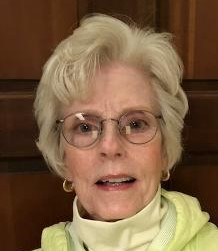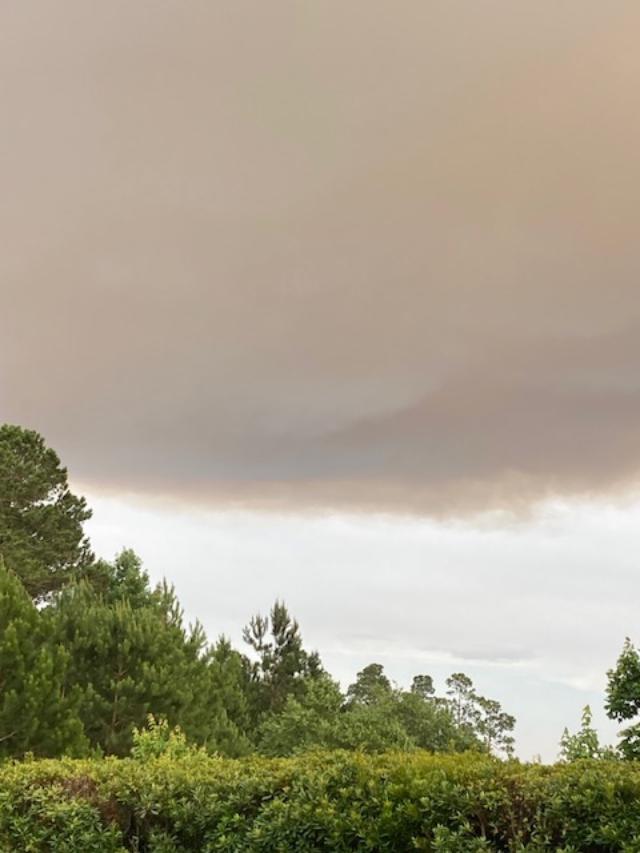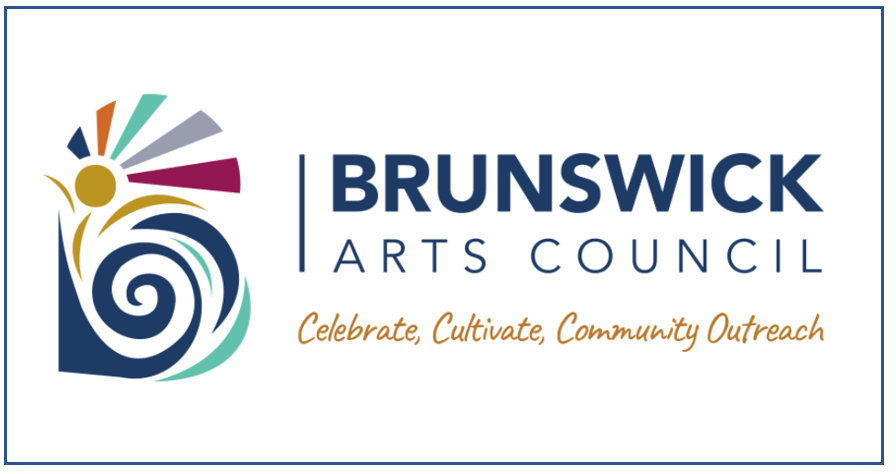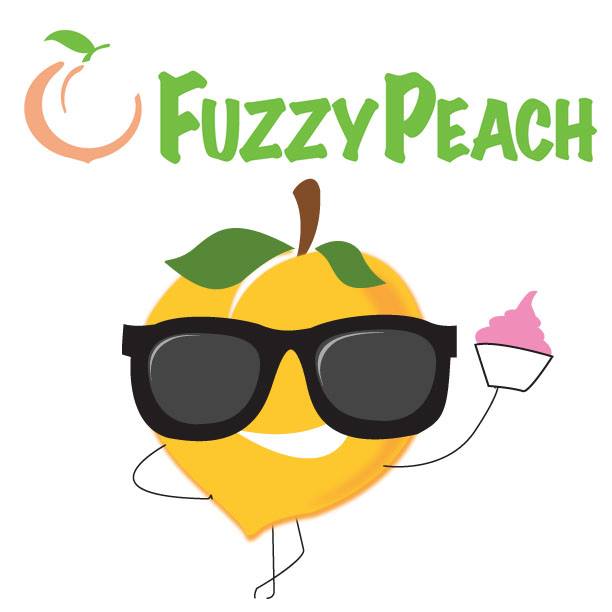Smoke Gets in Your Eyes
A huge cloud of smoke hovers overhead, a result of a “controlled burn” in Brunswick County, N.C.
June 19, 2023

Some of you may recognize the title of this story as the title of a popular 1959 song by The Platters. The song lyrics describe the loss of love, “When a lovely flame dies, Smoke gets in your eyes.” But the smoke mentioned here is of a different type—open burning, described by North Carolina Environmental Quality as “different types of controlled outdoor fires.”
In North Carolina, as in other states, there are open burning rules and regulations concerning what can and cannot be burned, needed permits before burning, etc. As a new resident of N.C., I wondered why open burning was allowed, and I heard people I met wonder why our air around Leland in Brunswick County is often smoke-filled. I was told land developers strip the land of trees and vegetation and burn what is not salvageable for sale as timber. Curious, I decided to investigate and found N.C.’s air quality regulations were adopted in 1971 and amended in 2015 by the N.C. General Assembly and “may also be subjected to local ordinances, local burn bans, or permitting requirements from the N.C. Forest Service.”
The N.C. Division of Air Quality (DAQ) enforces open burning regulations for the state, and violators may be fined up to $25,000. DAQ states “commercial land clearing burning can occur between the hours of 8 a.m. and 6 p.m.” and “allowed when the air quality forecast is Code Green or Code Yellow. Burning on Code Orange, Red or Purple days is prohibited.” Open burning DAQ rules and regulations limit materials allowed to be burned to vegetative only, meaning: “If it doesn’t grow, don’t burn it.”
The N.C. Forest Service controls permits for open burning, and permits are required “before certain fires are lit, including fires in protected areas.” But what about open burning fires that adhered to mandated rules and regulations plus any required permits but became “uncontrolled” open burning fires, such as the ongoing Pulp Road Fire in the Green Swamp Game Land in Supply, Brunswick County? Questions asked about all wildfires are similar. Were rules and regulations followed, permits granted, due diligence performed before open burning commenced? Was there a wildcard in the mix: Mother Nature’s unpredictability? Or was human error the culprit? Whatever the reason, the result is the same—bad air days.
Don’t let smoke get in your eyes! To learn about an Air Quality Action Day where fine particulate concentrations approach or exceed unhealthy standards, visit DAQ at: www.ncair.org/airaware/forecast/.










